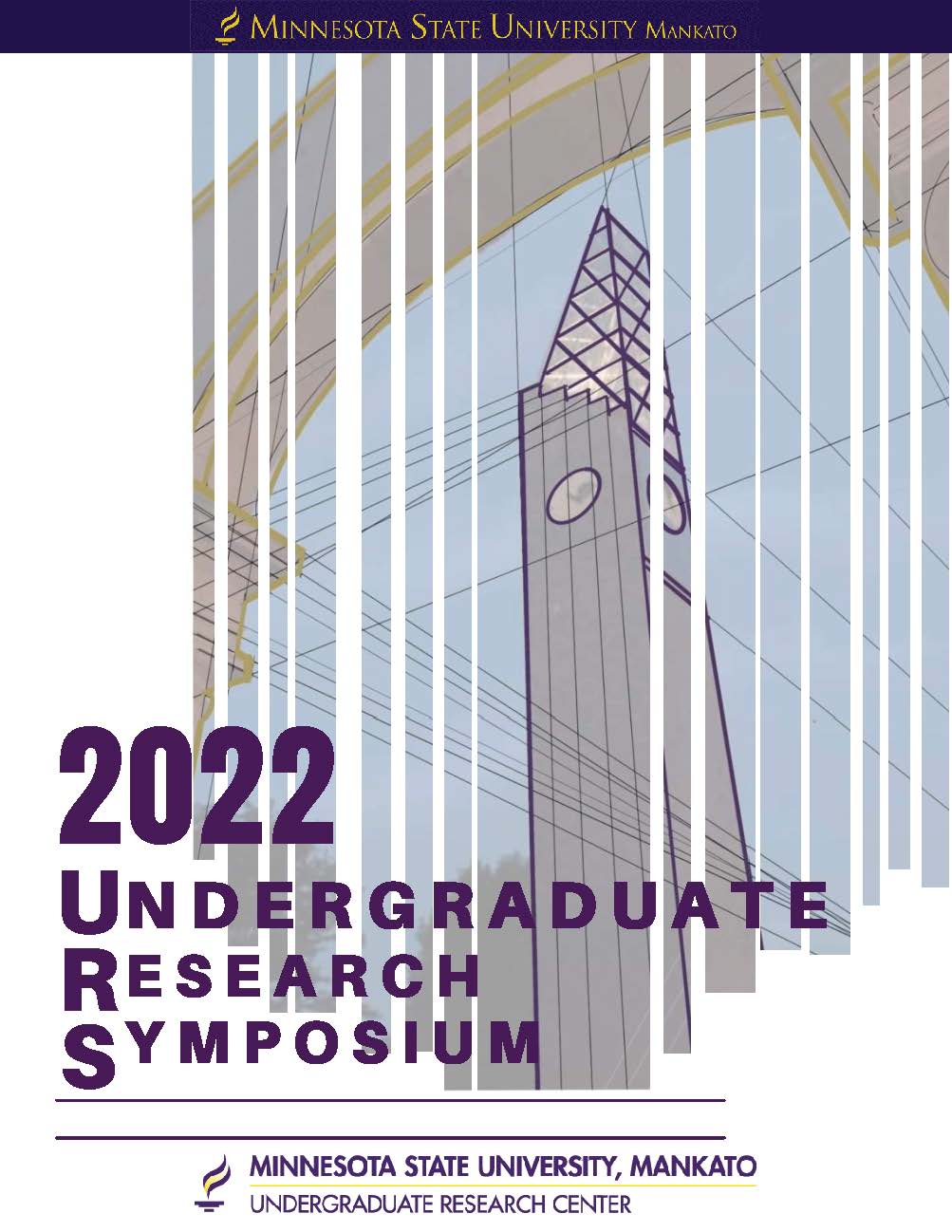Filtration Capacity of Sand and GAC for Phosphate Removal
Location
CSU Ballroom
Start Date
12-4-2022 10:00 AM
End Date
12-4-2022 11:30 AM
Student's Major
Mechanical and Civil Engineering
Student's College
Science, Engineering and Technology
Mentor's Name
Nazli Yilmaz-Wodzinski
Mentor's Department
Mechanical and Civil Engineering
Mentor's College
Science, Engineering and Technology
Description
This research project was conducted by civil engineering students, Molly Hill and Harrison Wong, at Minnesota State University, Mankato with the assistance of faculty mentor, Dr. Nazli Yilmaz Wodzinski. The project explores one method of removing phosphate from agriculture drainage water by using different thickness combinations of sugar sand and granular activated carbon (GAC). Unlike other methods of phosphate removal, this method can be used to treat contaminated water in the field. To simulate agriculture runoff, topsoil collected from the Ziegler farm in Mankato, MN was mixed with DI water. The mixture was run through filters, columns containing sugar sand and GAC, with phosphate levels measured before and after passing through the filter mediums. The results can be built on to find a feasible way to filter the nutrient-rich water present in Minnesota’s agricultural runoff.
Filtration Capacity of Sand and GAC for Phosphate Removal
CSU Ballroom
This research project was conducted by civil engineering students, Molly Hill and Harrison Wong, at Minnesota State University, Mankato with the assistance of faculty mentor, Dr. Nazli Yilmaz Wodzinski. The project explores one method of removing phosphate from agriculture drainage water by using different thickness combinations of sugar sand and granular activated carbon (GAC). Unlike other methods of phosphate removal, this method can be used to treat contaminated water in the field. To simulate agriculture runoff, topsoil collected from the Ziegler farm in Mankato, MN was mixed with DI water. The mixture was run through filters, columns containing sugar sand and GAC, with phosphate levels measured before and after passing through the filter mediums. The results can be built on to find a feasible way to filter the nutrient-rich water present in Minnesota’s agricultural runoff.
Recommended Citation
Hill, Molly and Harrison Wong. "Filtration Capacity of Sand and GAC for Phosphate Removal." Undergraduate Research Symposium, Mankato, MN, April 12, 2022.
https://cornerstone.lib.mnsu.edu/urs/2022/poster-session-01/16




